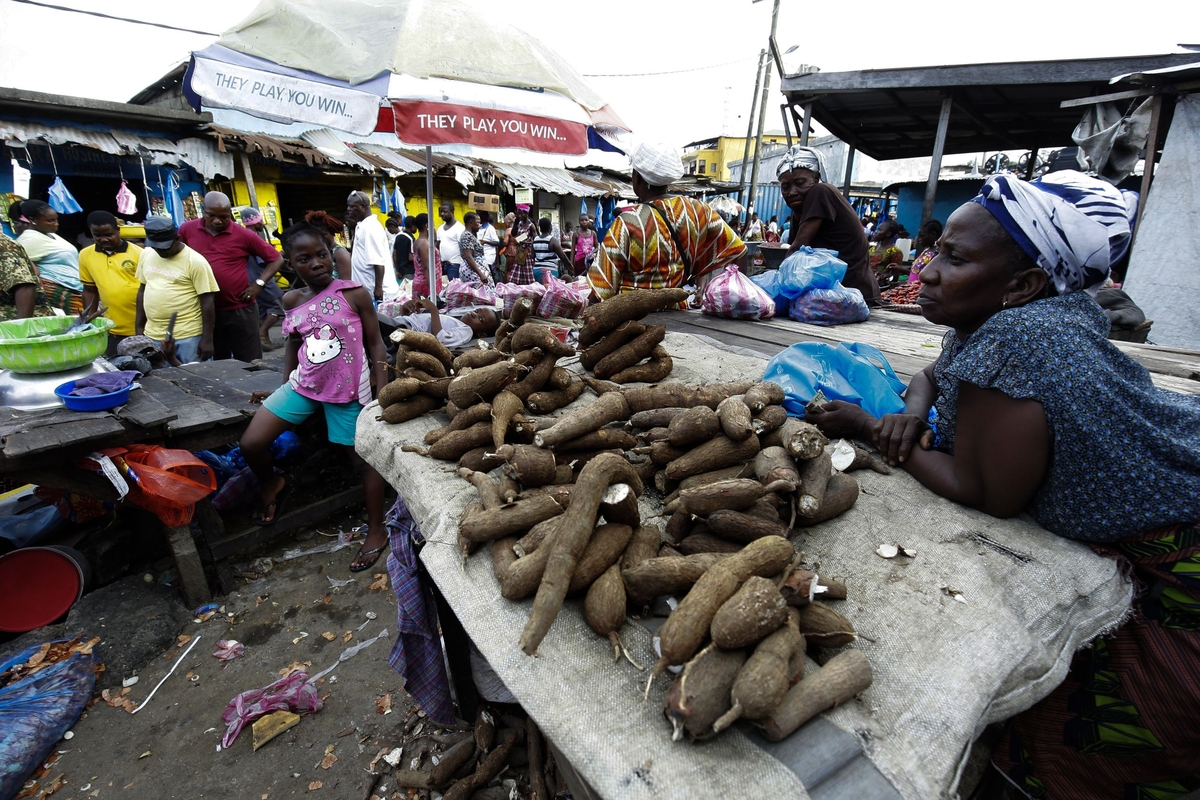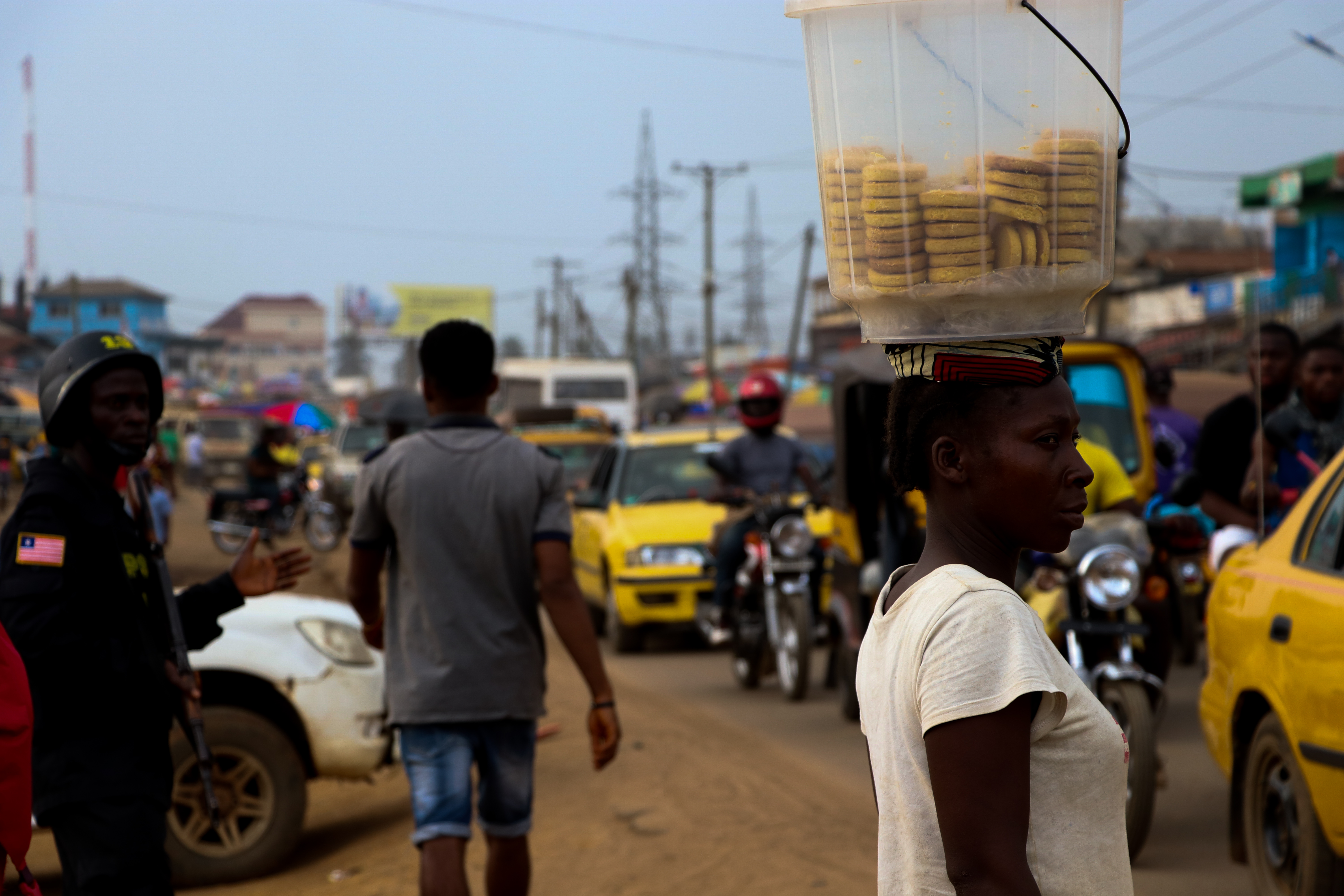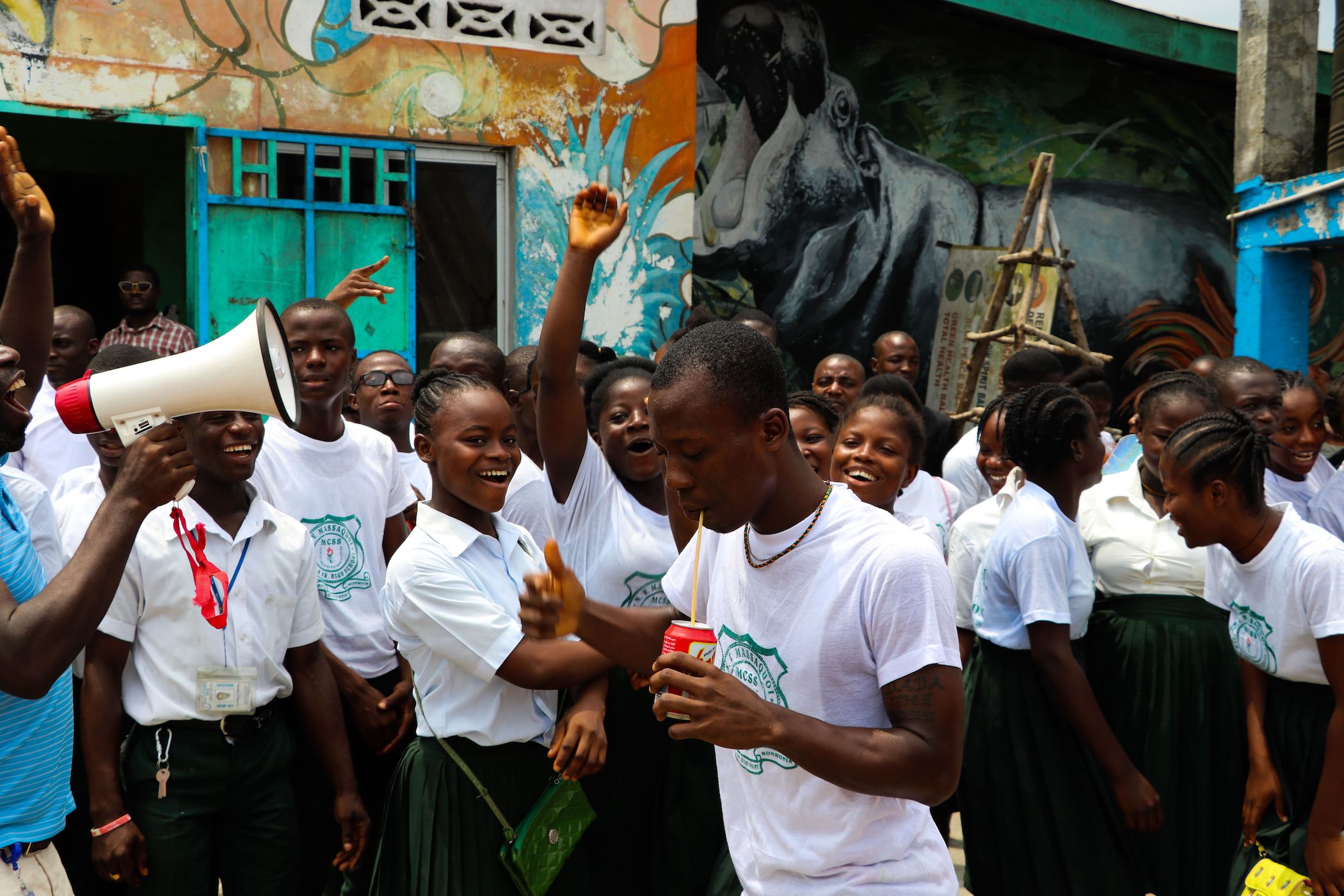By: Josh Drake, Urban Economic Development Specialist, Cities Alliance
For developing countries, the coronavirus is a “crisis upon a crisis”, which is either exacerbating existing emergencies or exposing lingering weaknesses. Those with the most vulnerabilities, whether in terms of health, employment, financial security or social security, are most at risk of suffering. Such vulnerabilities are prevalent in the informal economy, which accounts for 2 billion workers and 63% of the global workforce. Yet the informal economy does not receive legitimate recognition as a key driver of economic activity and therefore has poor protection and a low level of resilience. There is also a particularly urban dimension to the crisis, as this is where the health risks are amplified, and the socio-economic impacts will be most evident.
Despite the all-encompassing shock to urban economies that has been triggered, the recipe for achieving equitable economic growth remains the same, with a renewed sense of urgency. In the past four years, the Cities Alliance has implemented its Joint Work Programme on Equitable Economic Growth, which has sought to enhance long-term economic resilience by bolstering critical public infrastructure and services, emphasising the role of local governments and better integrating the informal economy into the city. Amid the challenges at hand, there is a need to build on this work and its strategic direction to re-ignite economic development post-coronavirus.
How is coronavirus threatening economic development in developing countries?
While it is first and foremost a health crisis, the most significant threat to the urban poor may be the ensuing economic fallout. Even in a best-case scenario where governments of the Global South are quick to contain the spread of the virus and global conditions stabilise, the economic ramifications and disruption to livelihoods are inevitable and already unfolding. A series of compounding events are triggering a potentially vicious cycle for local economies. It has begun with the closure of public spaces and shops and disruption to supply chains, causing a loss of economic output and income, which will lead to a loss in government tax revenue and a reduced capacity to provide basic public goods and services. This disproportionately affects the urban poor, who suffer reduced access to employment, health, education, public space and utilities such as electricity and water. This will cause a drop in the efficiency of labour markets and potentially generate political unrest and humanitarian crises, which would in turn further impede economic outputs and living standards in the long term (Figure 1).
The most significant threat to the urban poor may be the ensuing economic fallout. Even in a best-case scenario where governments of the Global South are quick to contain the spread of the virus and global conditions stabilise, the economic ramifications and disruption to livelihoods are inevitable and already unfolding.
Among the most vulnerable are cities in fragile states dealing with protracted conflict and millions of displaced persons, such as the Democratic Republic of Congo, Syria, Iraq, Myanmar, Somalia, Sudan, Syria, and Venezuela. The DRC is still in the latter stages of battling the Ebola outbreak, while other nations such as Tanzania are reeling from recent natural disasters. Some governments are confronting the stark choice of either forcing lockdown and risking the starvation of their citizens, or remaining open and risking further outbreak, as described by the President of Benin.

Also amongst the most vulnerable are those working in the informal economy. For most of these workers, their livelihoods depend on daily cash flow and there is no sick pay, no health insurance and little to protect them if they’re unable to go to work. In the immediacy, there is displacement of migrant workers from cities, whose jobs have come to a halt. This situation is playing out in India, where the government imposed a sudden lockdown that caused a mass exodus of millions of workers from major urban centres. These workers were effectively turned into refugees overnight and forced into long marches back to their villages, some suffering abuse or even dying along the journey. The ILO has reported that the crisis may push around 400 million informal sector workers in India into deeper poverty.
The informal sector is not just street vendors and small firms. In West Africa, the informal sector accounts for approximately 50% of output and 80% of employment. It includes large firms who operate with limited regulation and oversight. Despite their success, workers in the informal sector are most vulnerable to the devastating effects of a sudden loss of income, as well as unfair working conditions during and after coronavirus. While financial bailout packages have been announced by some national governments, there is a risk that these will not reach the informal economy, given their institutional financial exclusion and a lack of a comprehensive database of informal workers.
In West Africa, the informal sector accounts for approximately 50% of output and 80% of employment.
Reinforcing efforts to supply public goods and protect the informal economy
Cities Alliance prepared two foundation documents that underpin its current Joint Work Programme on Equitable Economic Growth (JWP EEG). It was posited that an important pathway to EEG is to focus on fair access to public goods and services, particularly in a manner which (i) leads to the creation of jobs, and (ii) benefits those working in the informal economy. This was true before coronavirus and remains as important now as ever.
In the short term, if citizens cannot rely on clean water, waste disposal, food provision, mobility and basic utilities, then there is no platform upon which they can protect their livelihoods. In the longer term, directing efforts towards equitable access to public goods and services generates a virtuous cycle, as shown in Figure 2. Economic development is cyclic in nature – weaknesses or strengths in one part of an economic system foster weaknesses or strengths further down the line and throughout the system. In the same way that the coronavirus is triggering a series of systemic failures, by reinforcing a critical link in the chain (i.e. public goods and services), national and local governments can create a positive feedback loop.
Local governments will need greater support from the international community and the private sector to achieve this. Many do not have sufficient own-source revenues and have an unhealthy dependence on central government transfers. Aid packages will need to include direct budgetary support to maintain the existing operations of critical infrastructure. Governments will also need debt relief to enable them to focus on any new resources to fight the pandemic.
Despite the challenges at hand, there are also opportunities. There is an opportunity, for example, to address the crisis by better recognising the informal economy as a vital economic force and supporter of livelihoods. This means better integration of the informal economy into the city through re-thinking current approaches to urban planning, city governance and international development. This should entail creating more legitimate workspaces for informal businesses, facilitating their integration with regional supply chains and regional markets, and accounting for them in the regulatory frameworks.
There is an opportunity to address the crisis by better recognising the informal economy as a vital economic force and supporter of livelihoods.
Where countries do not have viable social protection systems or sufficient public services, this is a chance to identify the shortcomings and develop them. Already the impacts of the crisis signify the need for better employment standards to vulnerable workers and more resilient economies. By recognising these opportunities, we will not just be addressing the economic symptoms of the crisis but also the underlying causes of the vulnerabilities of the urban poor.
As eloquently described by Arundhati Roy in the Financial Times, the pandemic is a portal and whatever happens, the world on the other side will be irreversibly changed. We can either walk through that portal dragging our shortcomings of the past, or we can walk through ready to build a better world, and ready to change for it.





